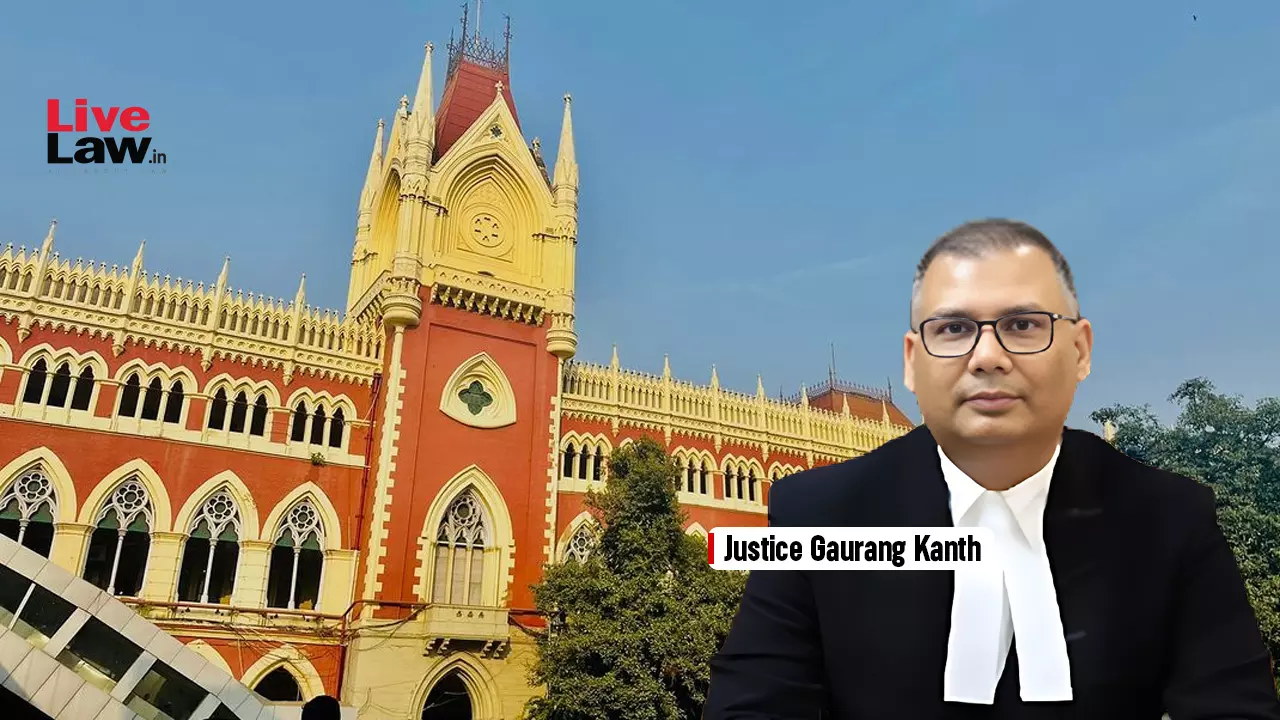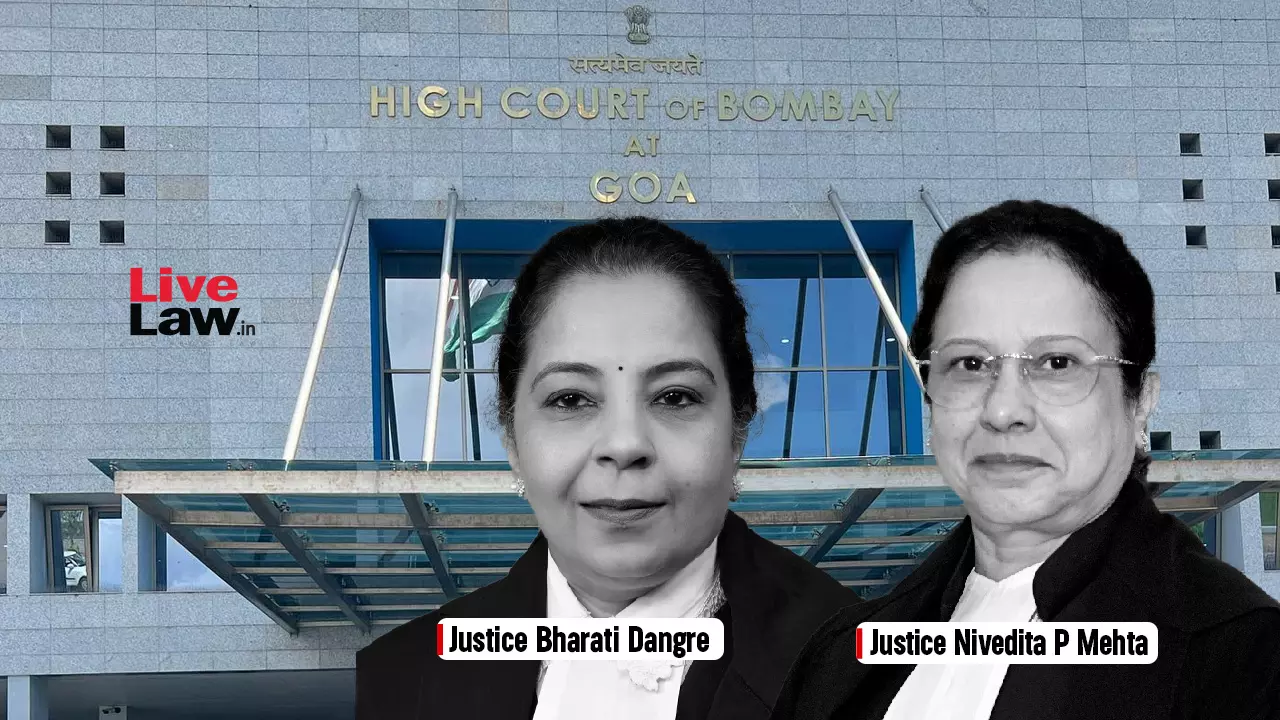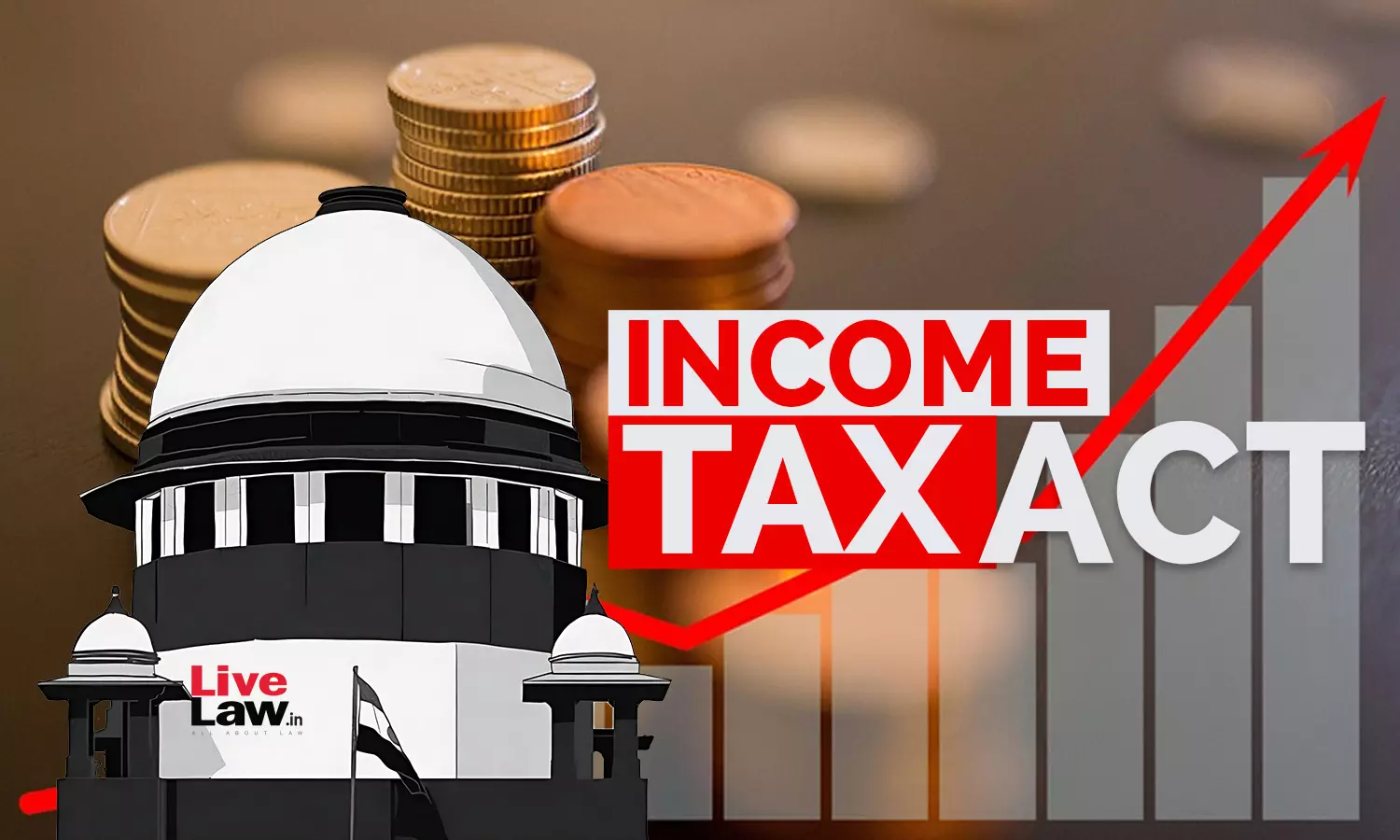The Calcutta High Court has held that property tax is a first charge on property and the auction purchaser is liable to pay property tax prior to sale.
The bench stated that where a statutory first charge is created on the property, such as in respect of property tax under Section 232 of the Kolkata Municipal Corporation Act, 1980, the municipal authority is entitled to enforce such charge independently in accordance with the statutory mechanism provided therein. In such a situation, there is no inconsistency between the provisions of the IBC and the KMC Act, and, therefore, the overriding effect of Section 238 of the IBC is not attracted.
Justice Gaurang Kanth stated that, irrespective of whether the sale is conducted under the IBC or under any other statute, an auction purchaser who had no notice of pre-sale liabilities cannot be saddled with such dues. The doctrine of caveat emptor undoubtedly applies to auction sales, but its application is contingent upon the purchaser having been put to sufficient notice of existing liabilities.
In this case, the Bank of India filed an application under Section 7 of the Insolvency and Bankruptcy Code, 2016, before the NCLT, against M/s Enfield Apparels Ltd., seeking initiation of the Corporate Insolvency Resolution Process (CIRP), as the said company had defaulted in repayment of its debts.
The Liquidator issued e-auction sale notices in leading newspapers for the sale of certain assets of M/s Enfield Apparels Ltd.
Although the Petitioners intended to acquire the said property and participate in the e-auction process, certain irregularities prevented their participation. The e-auction was conducted and the sale was confirmed in favour of the sole bidder, M/s Vedant Fashions Limited.
Petitioner No. 1 challenged the said auction before the NCLT, Kolkata. The NCLT, Kolkata, set aside the earlier auction sale and confirmed the sale in favour of Petitioner No. 1 for a bid price of Rs. 15.50 Crores.
Subsequent litigation ensued between the Liquidator and the Petitioners regarding the liability to pay transfer fees to the Lessor. The NCLT permitted Petitioners No. 2 to 5 to complete the sale transaction jointly with Petitioner No. 1.
Following the execution of the aforesaid Deeds of Assignment, the Petitioners applied to Respondent No. 3 for mutation of the said properties in their respective names.
In the said applications, the Petitioners specifically stated their willingness to discharge outstanding property tax liabilities accruing from the date of their purchase, i.e., 07.05.2022.
Respondent No. 3, informed the Petitioners that the mutation would be processed only upon payment of outstanding property tax together with interest and penalty, including arrears pertaining to the erstwhile owner, M/s Enfield Apparels Ltd. A consolidated demand of Rs. 1,23,84,142/- was raised.
The assessee submitted that the assessee is an auction purchaser. Neither the e-auction sale notice nor the terms and conditions contained in the Expression of Interest (EOI) made any mention of outstanding property tax dues.
The department submitted that at the time of purchase, it was incumbent upon the assessee to exercise due diligence with respect to the encumbrances attached to the property. From a plain reading of the EOI, it is evident that the purchaser was required to conduct due diligence at every stage of the process.
The issue before the bench was whether the Petitioners, being auction purchasers of the premises in question, are liable to discharge the arrears of property tax pertaining to the period prior to the auction sale and delivery of possession.
The bench stated that the Petitioner, being the auction purchaser of the premises in question, is liable to pay the outstanding property tax dues. The Official Liquidator, through Sale Notice and EOI, has made it very evident and clear that all the bidders are supposed to make their respective bids based on their own investigation and due diligence.
The bench opined that Section 232 of the Kolkata Municipal Corporation Act, (KMC Act) makes the property tax dues a first charge on the property and hence makes it an encumbrance attached to the property. Hence, the assessee is liable to make the payment towards the outstanding property tax dues for the pre-liquidation period also.
In view of the above, the bench dismissed the petition.
Case Title: Cotton Casuals India Pvt. Ltd. & Ors. v. The State of West Bengal & Ors.
Case Number: WPO 1235 OF 2024
Counsel for Petitioner/Assessee: Jaydip Kar, Deepnath Roy Chowdhury, Debdeep Sinha and Dibesh Dwivedi
Counsel for Respondent/Department: Sipra Majumder and Debarati Sen (Bose)
Click Here To Read/Download The Order


